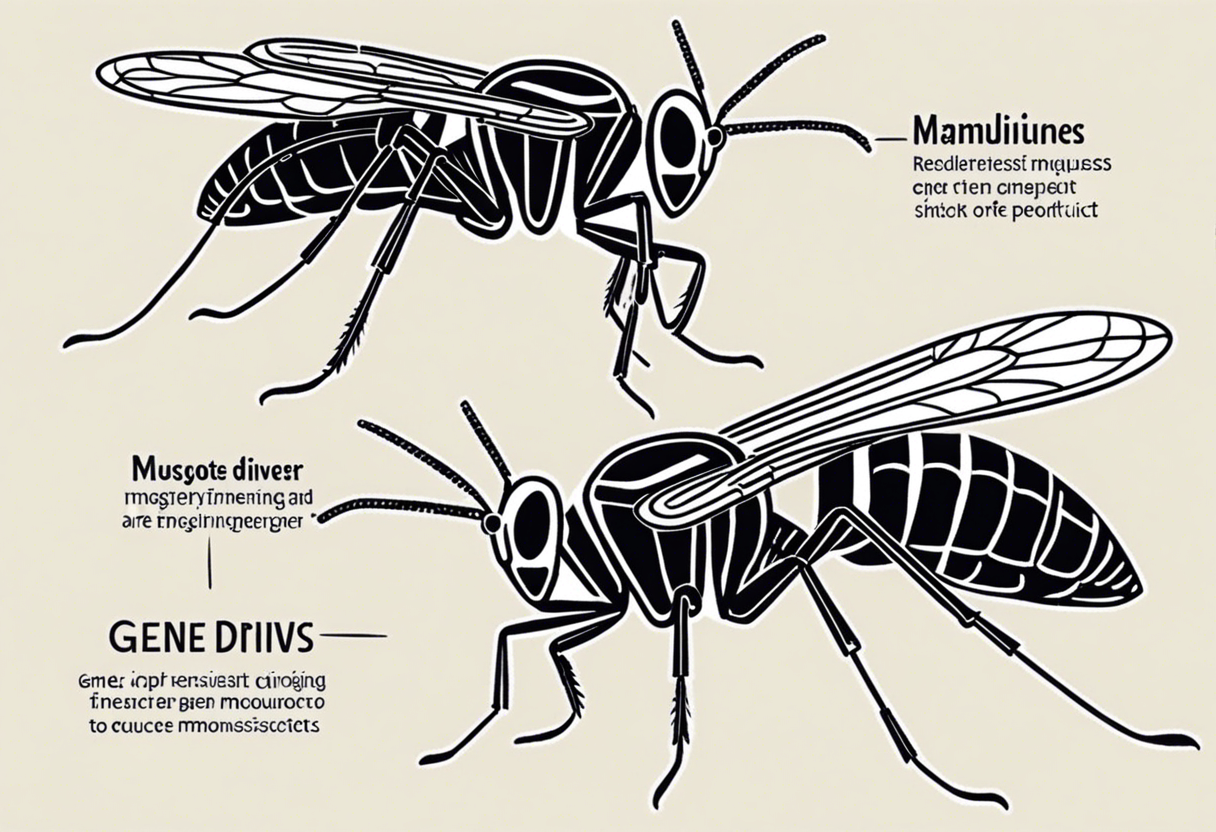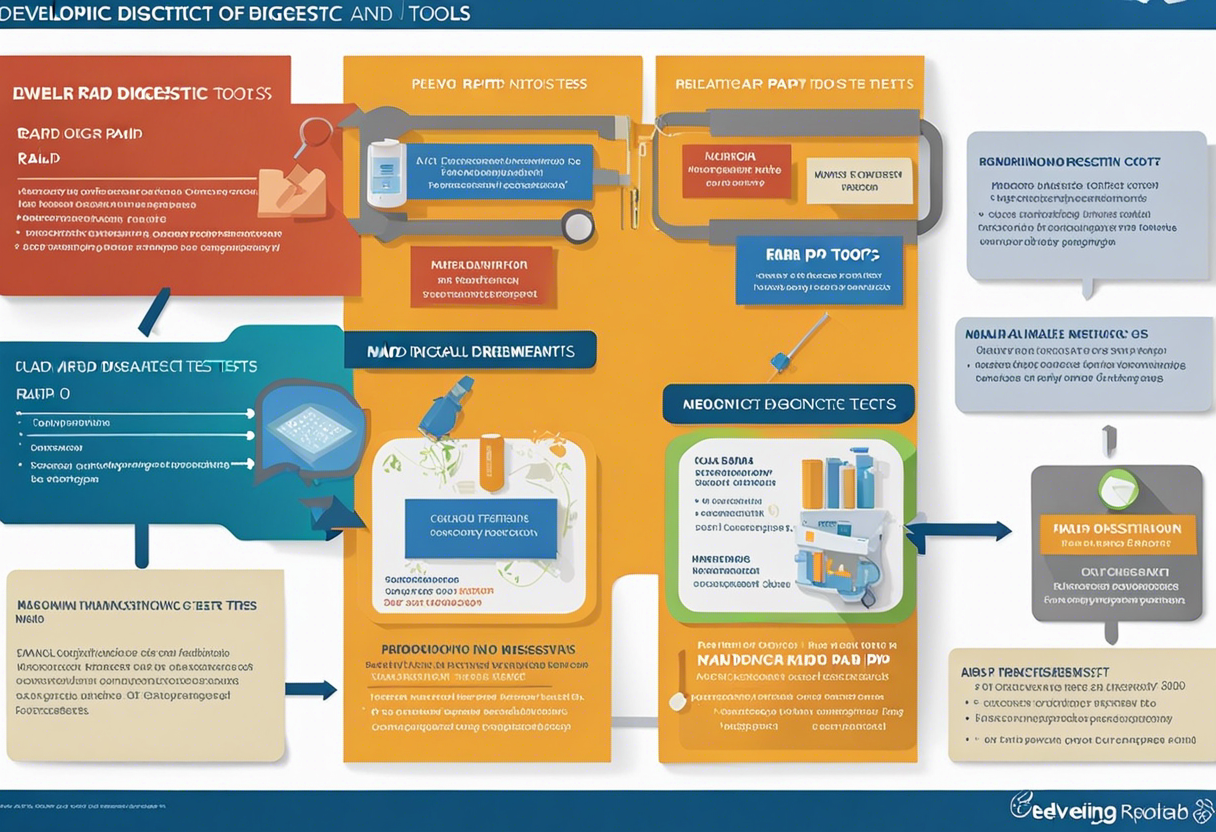Diving into the Depths of Malaria Treatment: The Top Five Game-changers in Combating the Scourge
Genetic Engineering – CRISPR and Gene Drives

Scientists are currently experimenting with ways to genetically engineer mosquitoes to reduce or even eradicate malaria transmission. CRISPR gene editing technology and "gene drives" can create mosquitoes resistant to the Plasmodium parasite or inhibit their reproduction.
This represents a powerful, yet controversial, approach due to potential unforeseen consequences on ecosystems. However, it undeniably opens up new possibilities for not just managing, but potentially eradicating malaria.
Developing Rapid Diagnostic Tools

Accurate and timely diagnosis is a crucial step in ensuring effective malaria treatment. Rapid diagnostic tests (RDTs), which detect malaria antigens in the blood, have been a key innovation, allowing for quick detection even in resource-poor settings.
Emerging technologies are now focusing on even more cost-effective, non-invasive methods, such as breath tests. The more accurately we can diagnose malaria, the more targeted our treatments will be, reducing the odds of drug resistance.